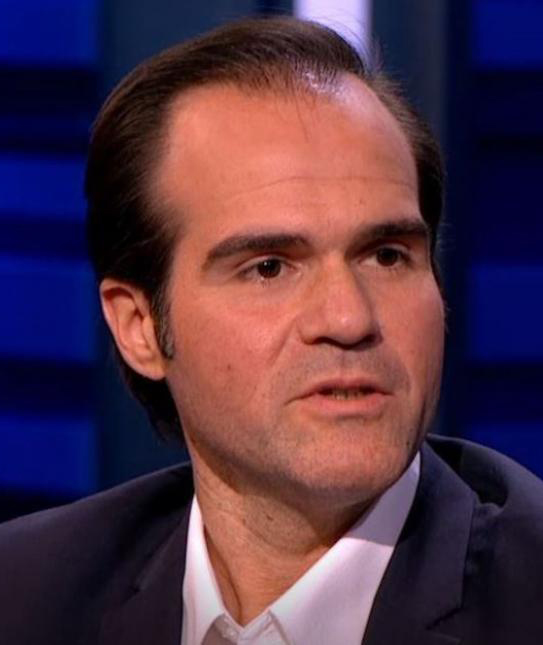BUENOS AIRES, (Reuters) – A group of former Latin American heads of state has joined a chorus of demands to delay a vote on who will head the region’s main development finance lender, part of growing opposition to the first-ever U.S. candidate.
Postponing the Sept. 12 vote for a new Inter-American Development Bank (IDB) president would be the “politically sensible” thing to do, the leaders said in a letter seen by Reuters.
The letter was signed by six former presidents and prime ministers, including Fernando Henrique Cardoso of Brazil, Juan Manuel Santos of Colombia, and Ernesto Zedillo of Mexico, as well as Felipe González of Spain.
U.S. President Donald Trump’s nomination of his senior Latin America adviser Maurico Claver-Carone has sparked controversy because he would be the first person from outside the region to head the IDB, which provided about $12 billion in lending last year.
The opposition also reflects concerns that Trump could lose the Nov. 3 U.S. election, and his candidate could find it difficult to work with a Democratic administration.
The letter said moving forward with the scheduled vote would cause “irreparable” damage to the bank.
“It would be an arbitrary imposition that we have no doubt would have very negative consequences for the future of the institution and the future of the relationship between the United States and Latin America,” the letter said.
The IDB declined to comment.
Claver-Carone, known for his hardline stance on Cuba and Venezuela, has said he has the support of at least 17 of the bank’s 28 regional member countries – enough to win. However, Argentina, Mexico, Costa Rica, Chile, a top EU official and a host of former regional leaders have all urged a delay. Argentina and Costa Rica have said they plan to nominate their own candidates, though Claver-Carone is still the only official candidate ahead of a Sept. 10 deadline to submit names, an IDB official said on Wednesday.
The opposition to Claver-Carone, which represents an estimated 22% of the vote, could thwart the election if they can sway enough members to garner 25% – the threshold for blocking a quorum and delaying the ballot. The percentage of voting control relates to each country’s shares in the bank.
Members including Peru, Canada, Japan and some European nations could prove to be key deciders.
A foreign ministry official in Peru, which controls about 1.5% of the vote, said its decision was “still under evaluation.”
Canada, which holds about 4% of the vote, was “closely following the process” and supports “a fair, transparent and merit-based election at the IDB,” a foreign ministry spokeswoman told Reuters.
Germany, which accounts for just under 2%, has also yet to publicly endorse a candidate or weigh in on a delay, but a spokeswoman at its U.S. embassy said the government hopes to see at least two candidates in the running.
“Germany expects an open, transparent, inclusive, timely and competitively based process,” she said. “A suitable candidate must convince all shareholders – regional and non-regional – during the selection process.”











